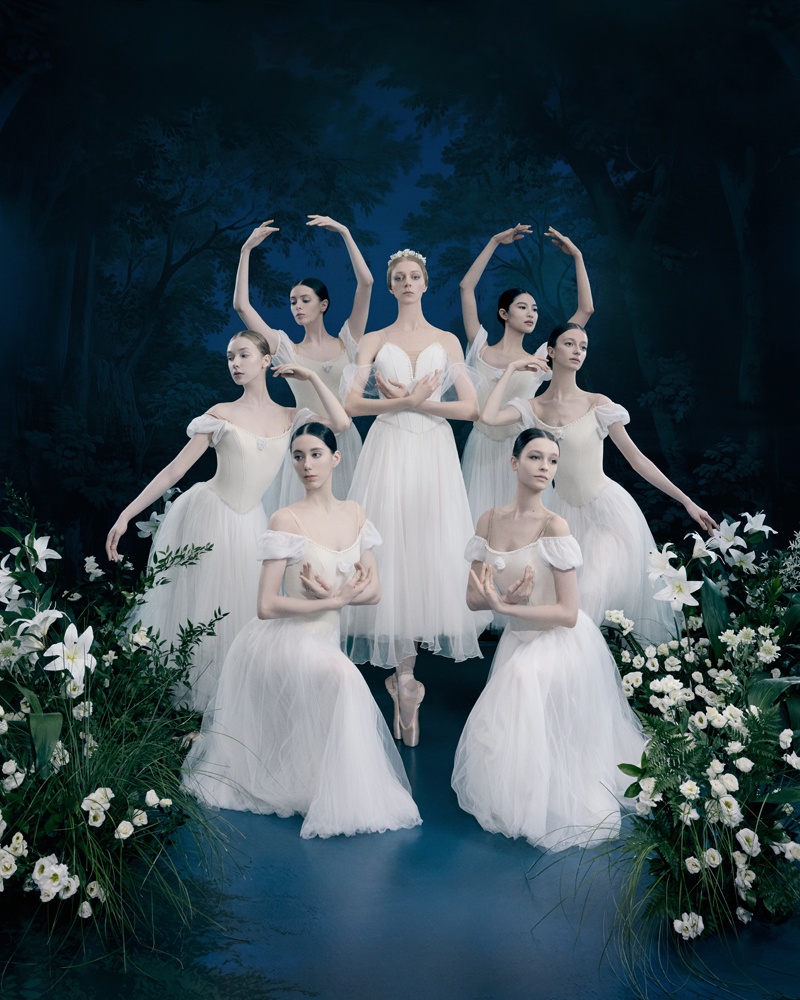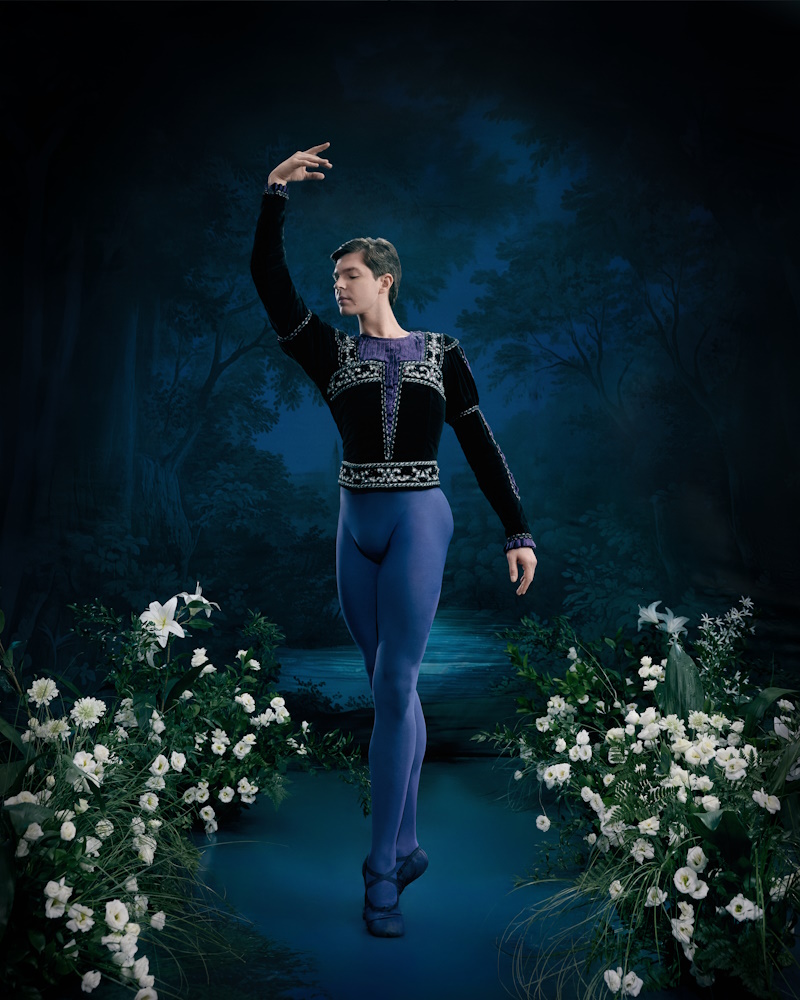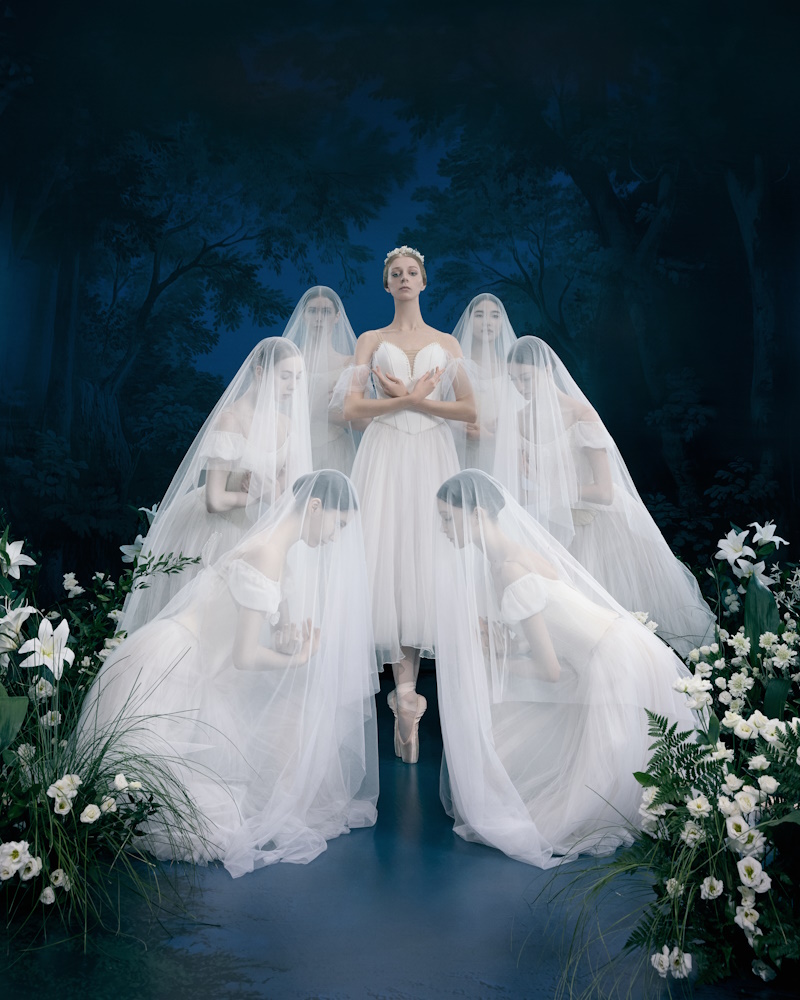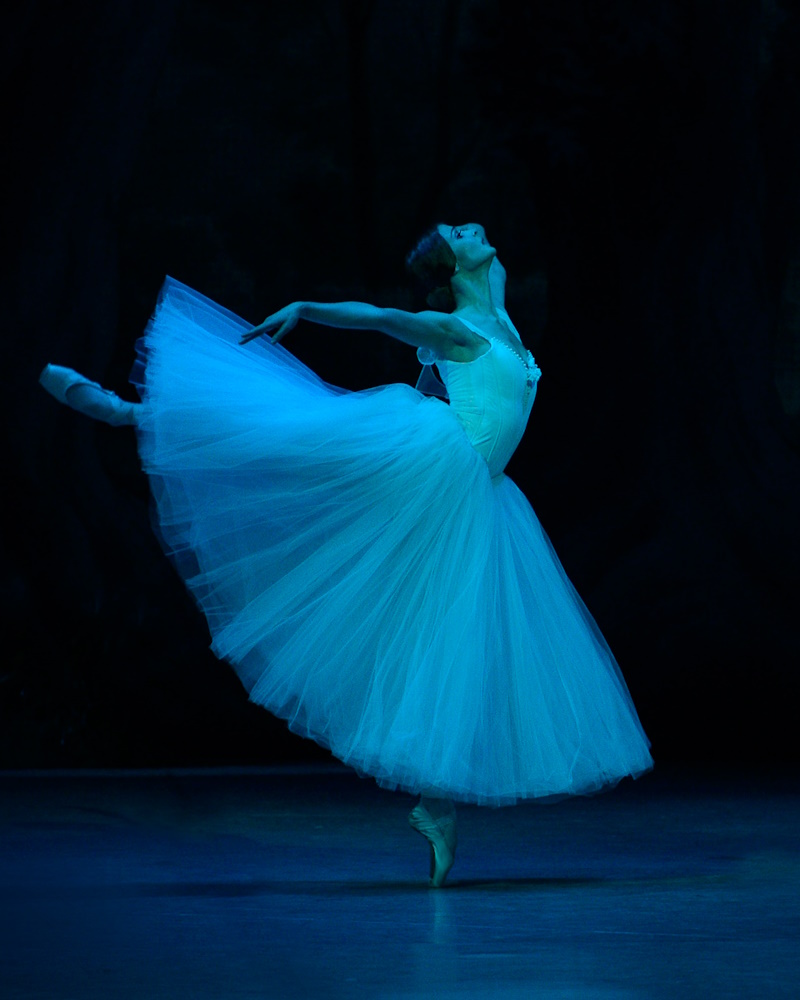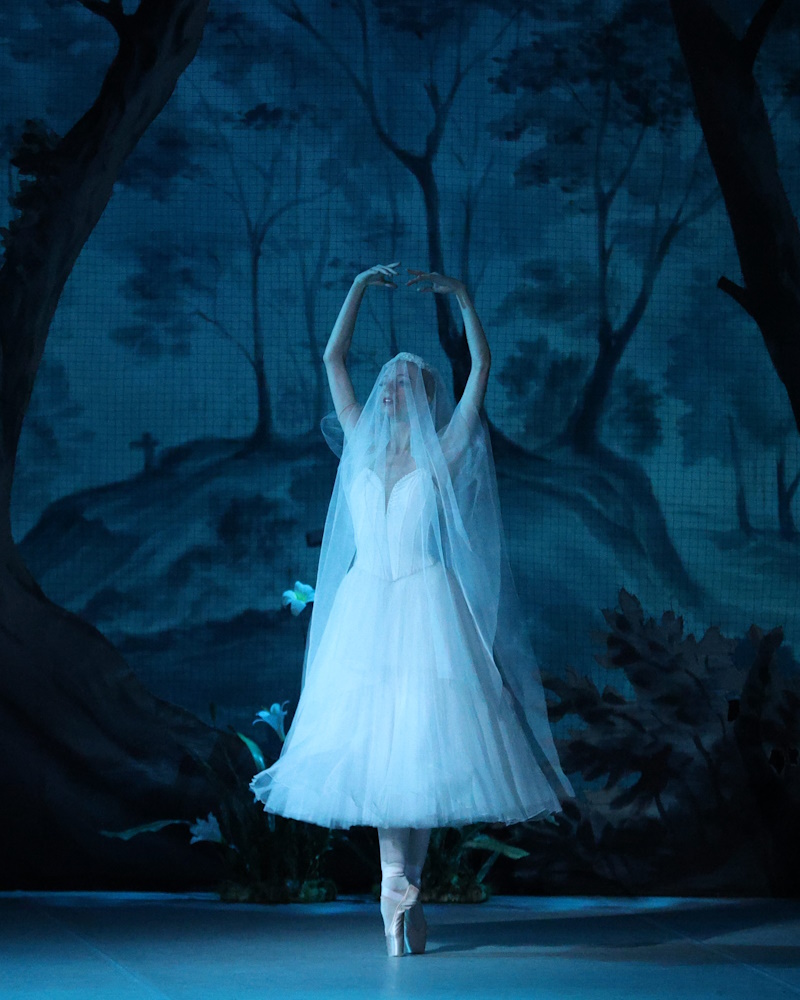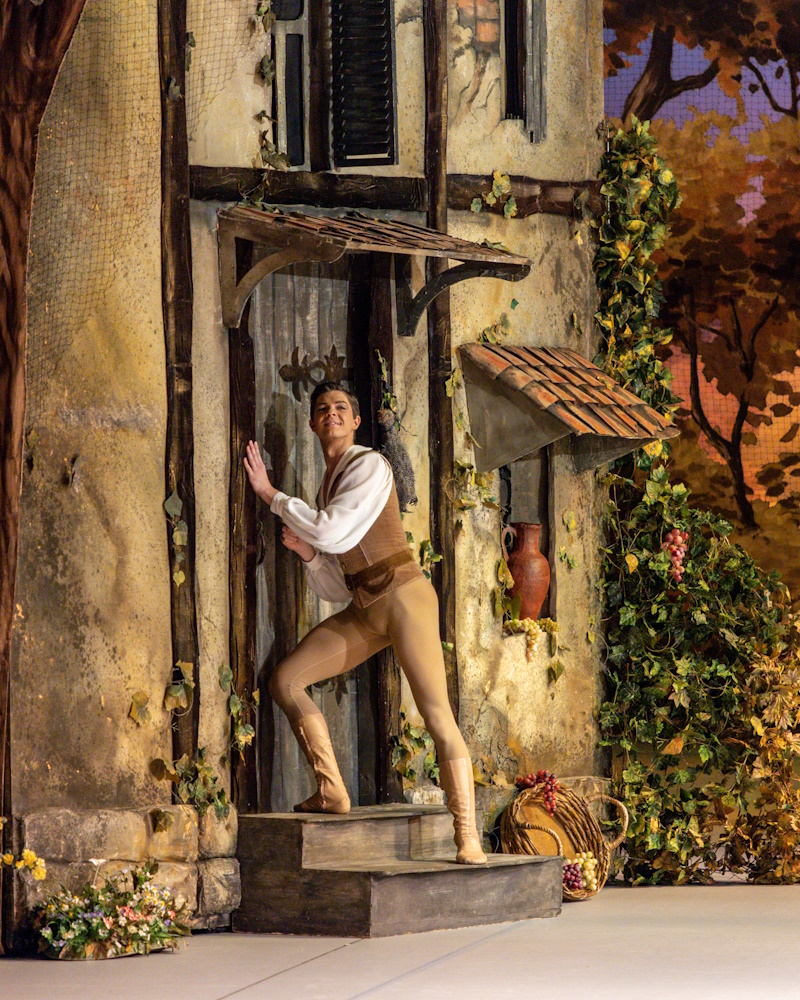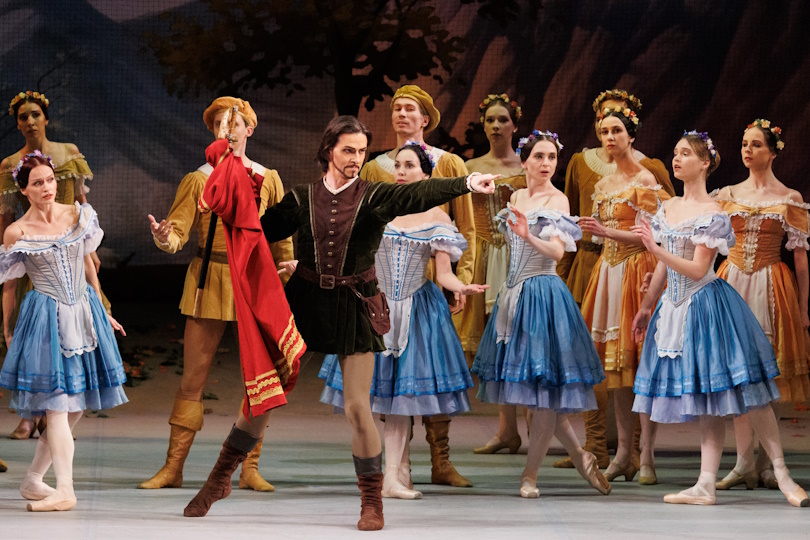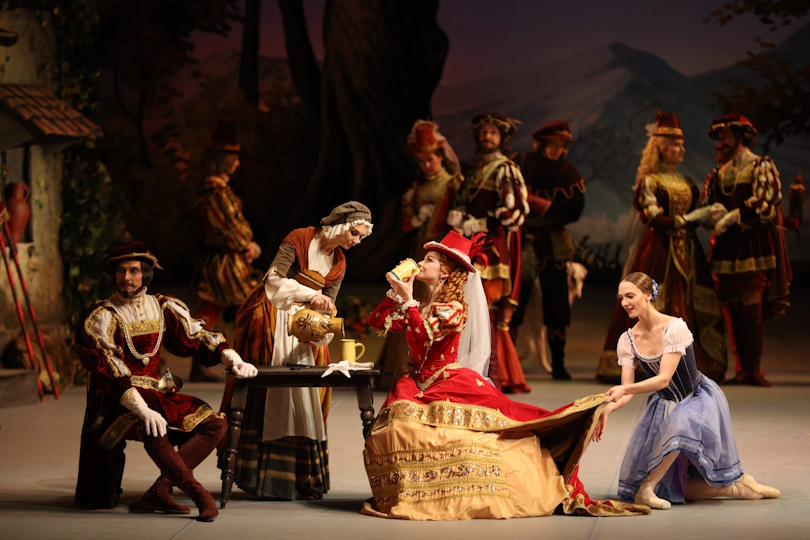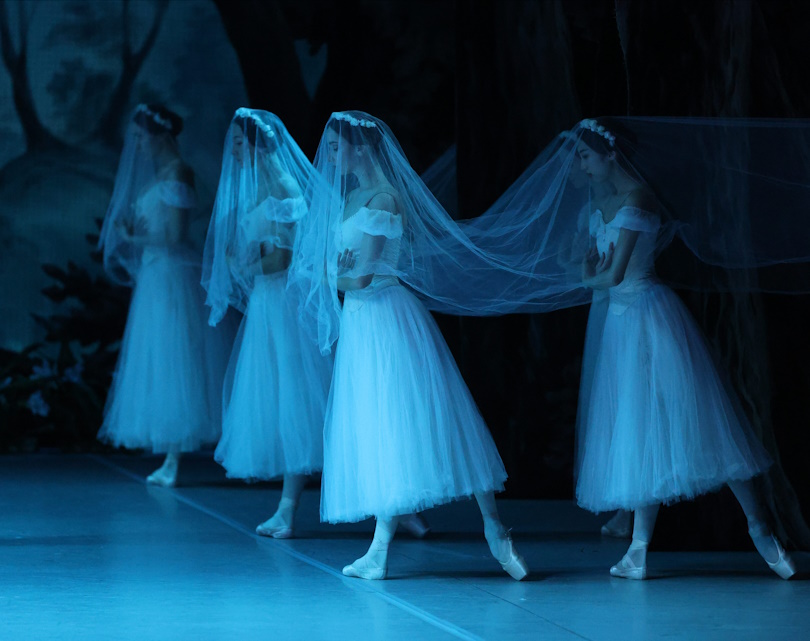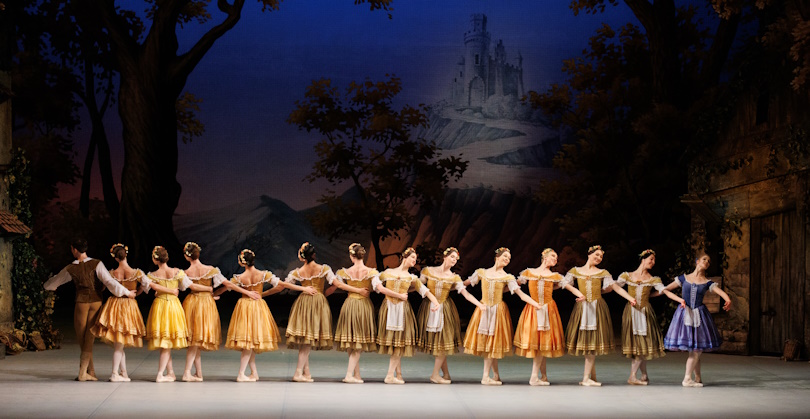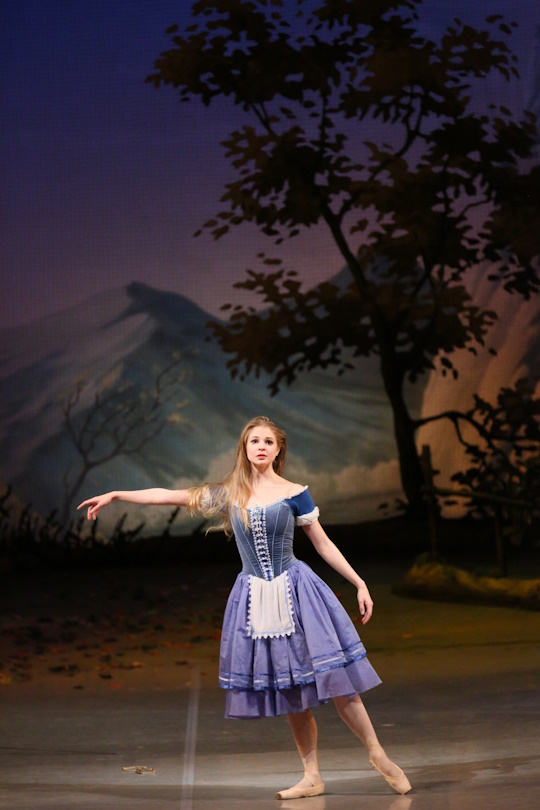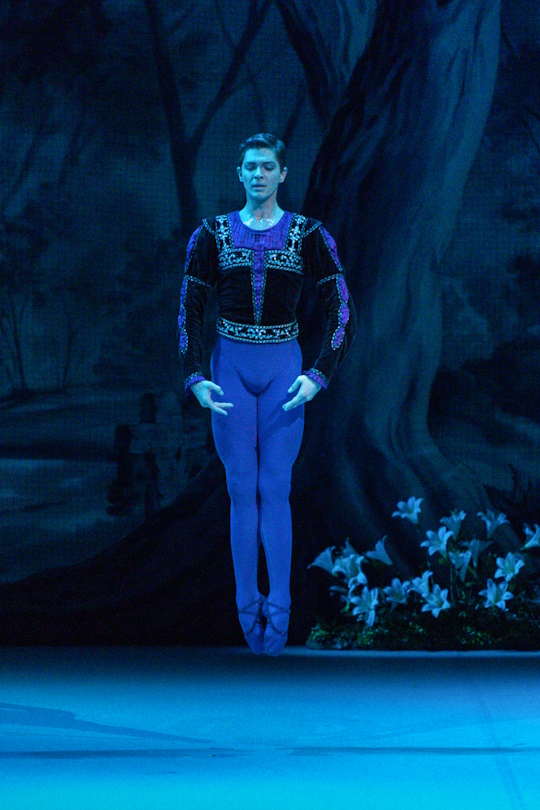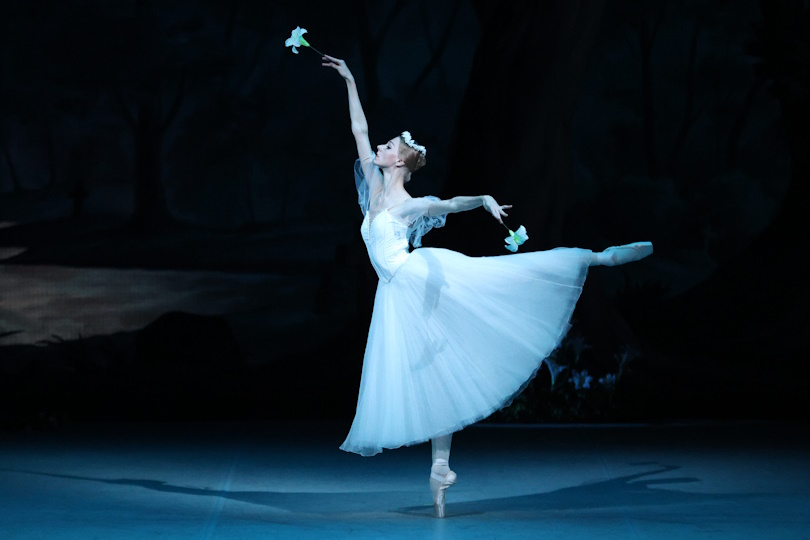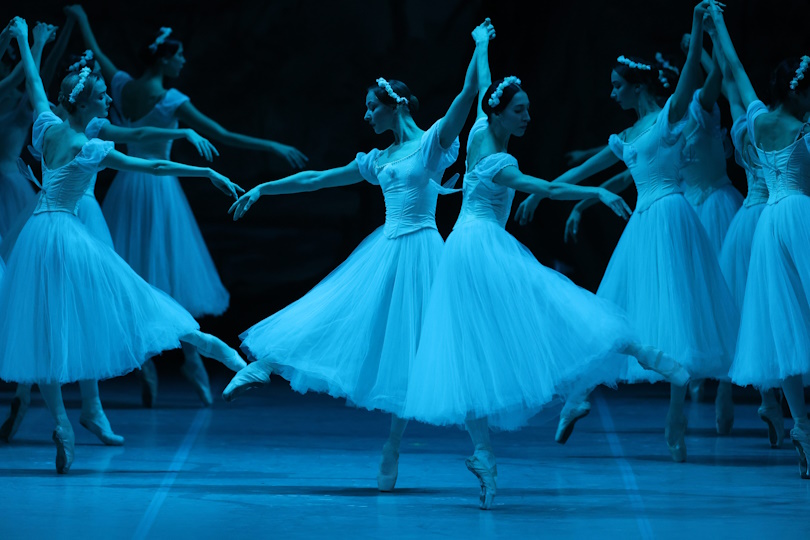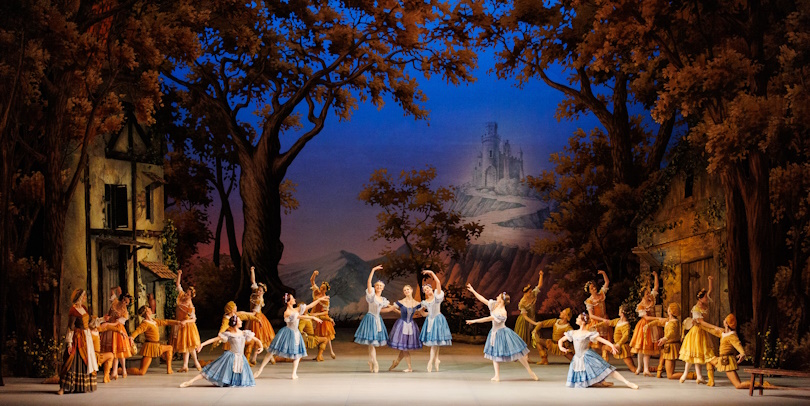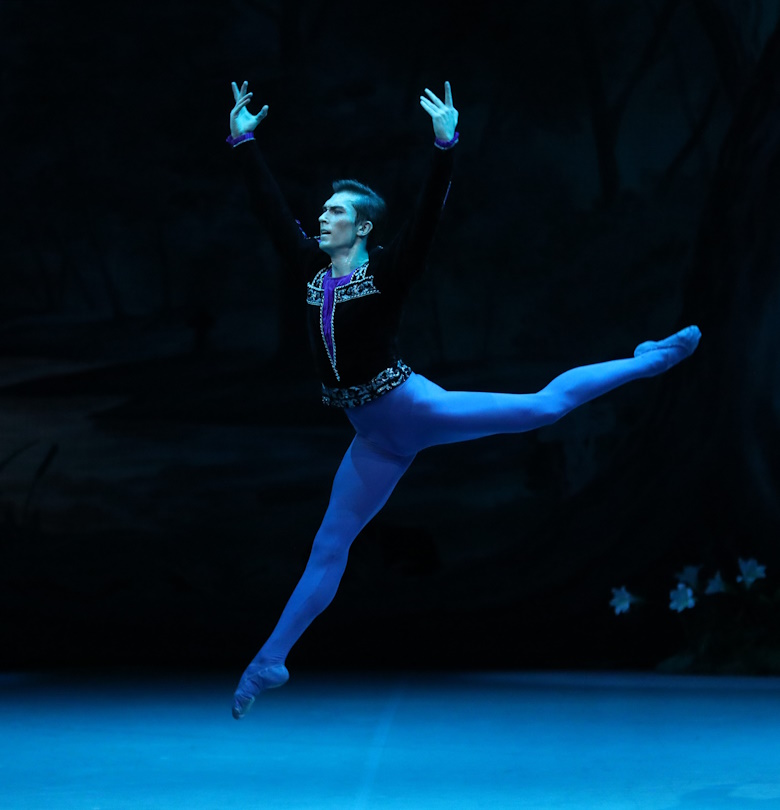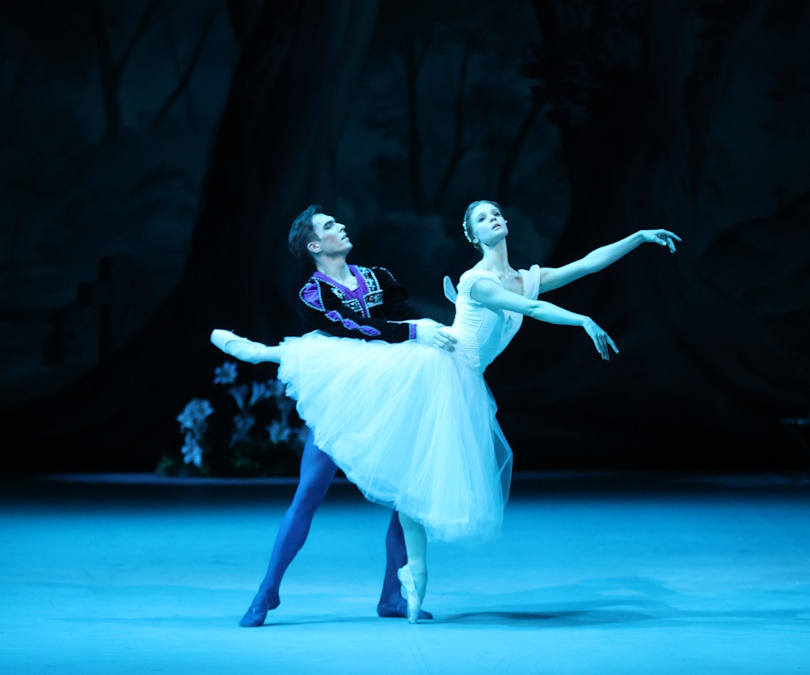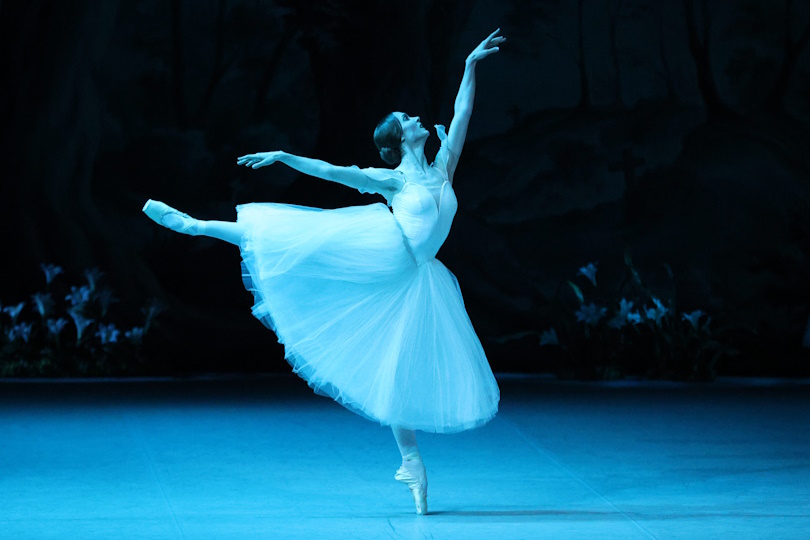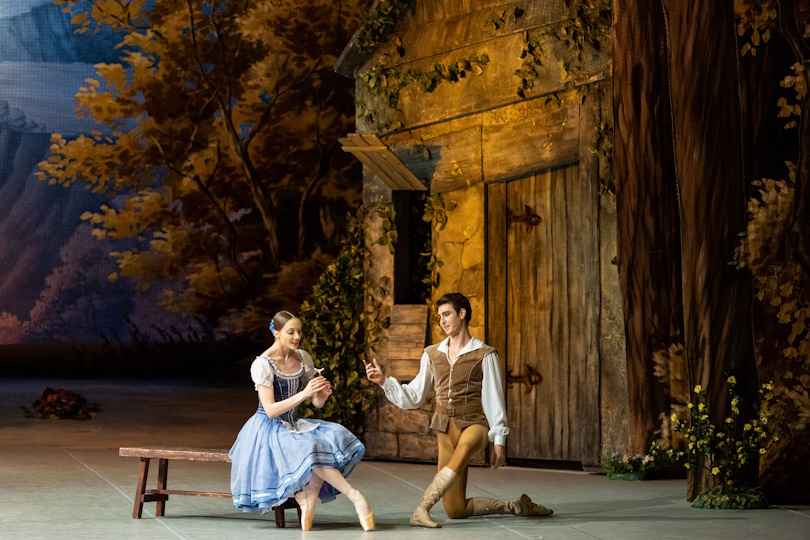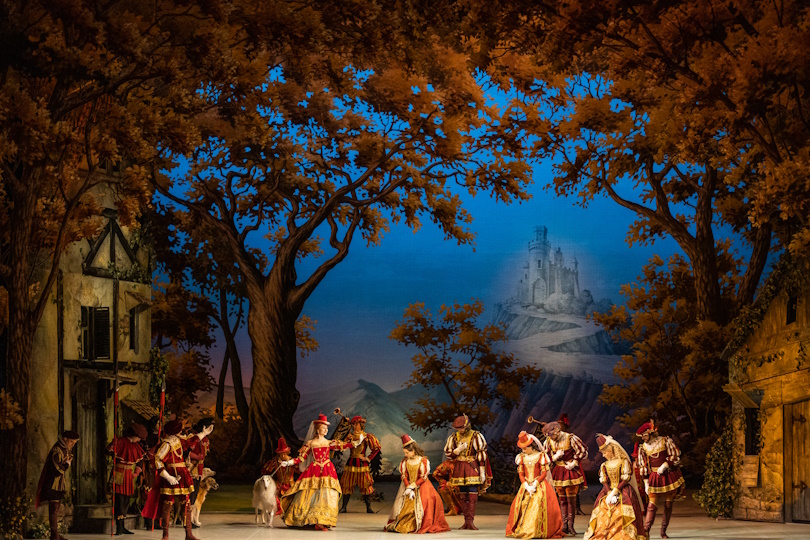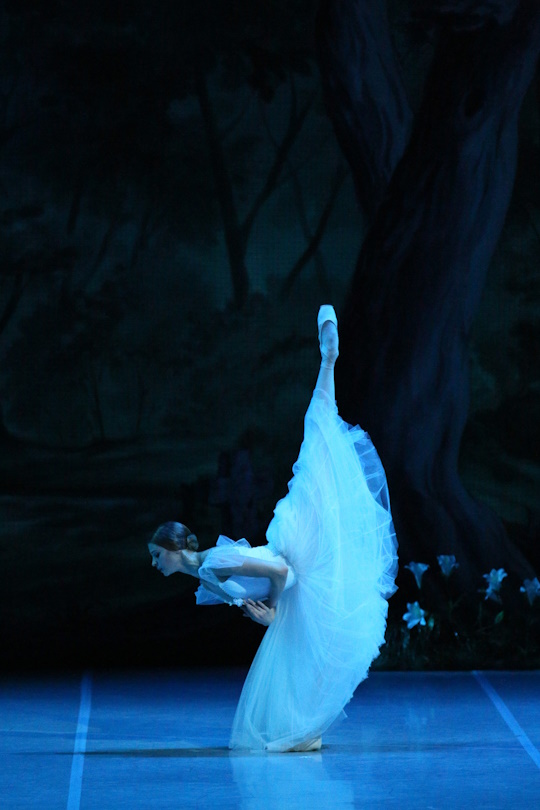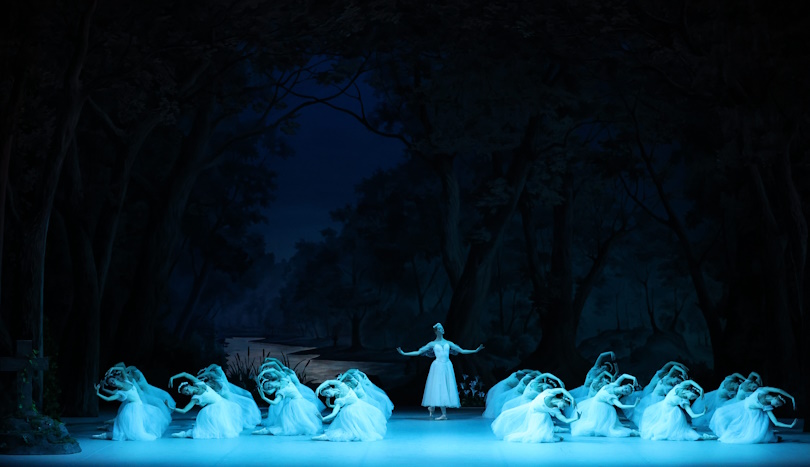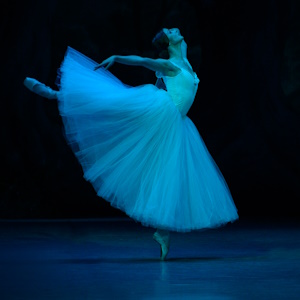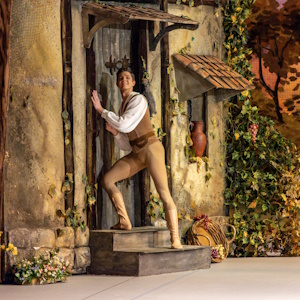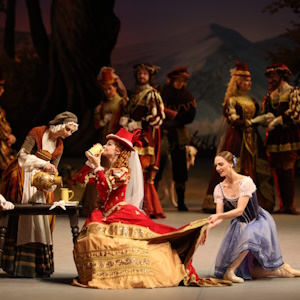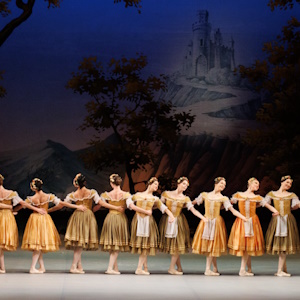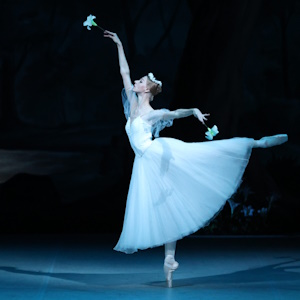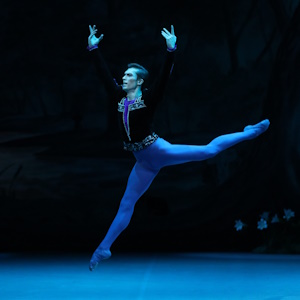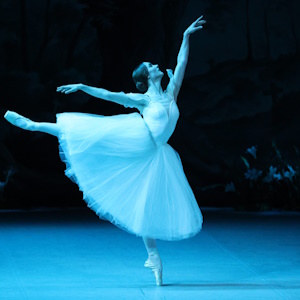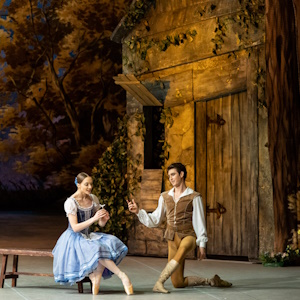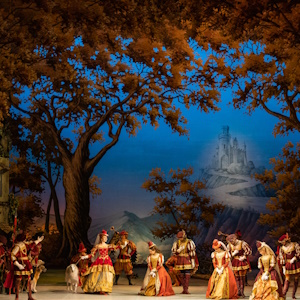Giselle, ou Les Wilis
fantasy ballet in two acts
music by Adolphe Adam
Cast
The stage life of Giselle hasn’t been an easy one. After its premiere of 1841 featuring Carlotta Grisi and Lucien Petipa, the ballet was performed in France till 1863, when it disappeared from the repertoire. The ballet has been staged in St.Petersburg since 1842. At the beginning of the 20th century during the ground-breaking Diaghilev’s Russian Seasons, the French saw their national ballet, faithfully nurtured in Russia.
The Mikhailovsky Theatre’s the 2008 production of Giselle by Nikita Dolgushin, a specialist in historical works, managed to amaze both the public and the critics. Dolgushin, a noble Albrecht in his time as a dancer, inspired the creation of the ballet and delicately united dance and mime. He revealed the essence of the romantic ballet, the story of Giselle is told in the language of ballet classicism. Together with Viacheslav Okunev, who designed the epitome of romantic settings, Dolgushin made a production that was described by a British critic ‘an exemplary Giselle’.
Act one
A Count is in love with Giselle. Disguised as a peasant, everyone takes him for a commoner. A gamekeeper, who is also fond of Giselle, tries to convince her that her beloved is not who he claims to be. The gamekeeper finds the Count’s sword adorned with a noble crest. Hunters arrive, including the Count’s fiancée and her father, Giselle dances for the guests. The noble lady is charmed by the young peasant girl and gives her a necklace.
In the midst of the village festivities, the gamekeeper appears. He accuses the Count of deceit and presents the sword as proof. Giselle does not believe him. The gamekeeper then blows the hunting horn left by the hunters and the Count’s fiancée appears before the embarrassed Count. Heartbroken by her beloved’s betrayal, Giselle loses her mind and dies.
Act two
Midnight. The gamekeeper visits Giselle’s grave. The Wilis, spirits of maidens betrayed before their weddings, rise from their graves, and the gamekeeper flees in terror. The Queen of the Wilis summons Giselle’s spirit from her grave, making her one of them. The Wilis force anyone who enters the cemetery to dance until they fall down dead. The Count comes to Giselle’s grave. Seeing his grief and remorse, Giselle forgives him. Meanwhile, the Wilis pursue the gamekeeper, catch him, and hurl him into the lake. The same fate now awaits the Count. Giselle pleads with the Wilis for mercy, but they refuse. As dawn breaks, the Wilis lose their power with the rising sun. The Count is saved and forgiven. Giselle vanishes into the mist.
Premiere of the production: 3 November 2007
Libretto by Jules-Henri Vernoy de Saint Georges, Théophile Gautier, and Jean Coralli
Choreography by Jules Perrot, Jean Coralli, and Marius Petipa
- Ballet MasterNikita Dolgushin
- Stage and Costume DesignVyacheslav Okunev
- Lighting DesignerMikhail Mekler
Sets and costumes produced at the Vozrozhdenie Theatrical Design Studios

